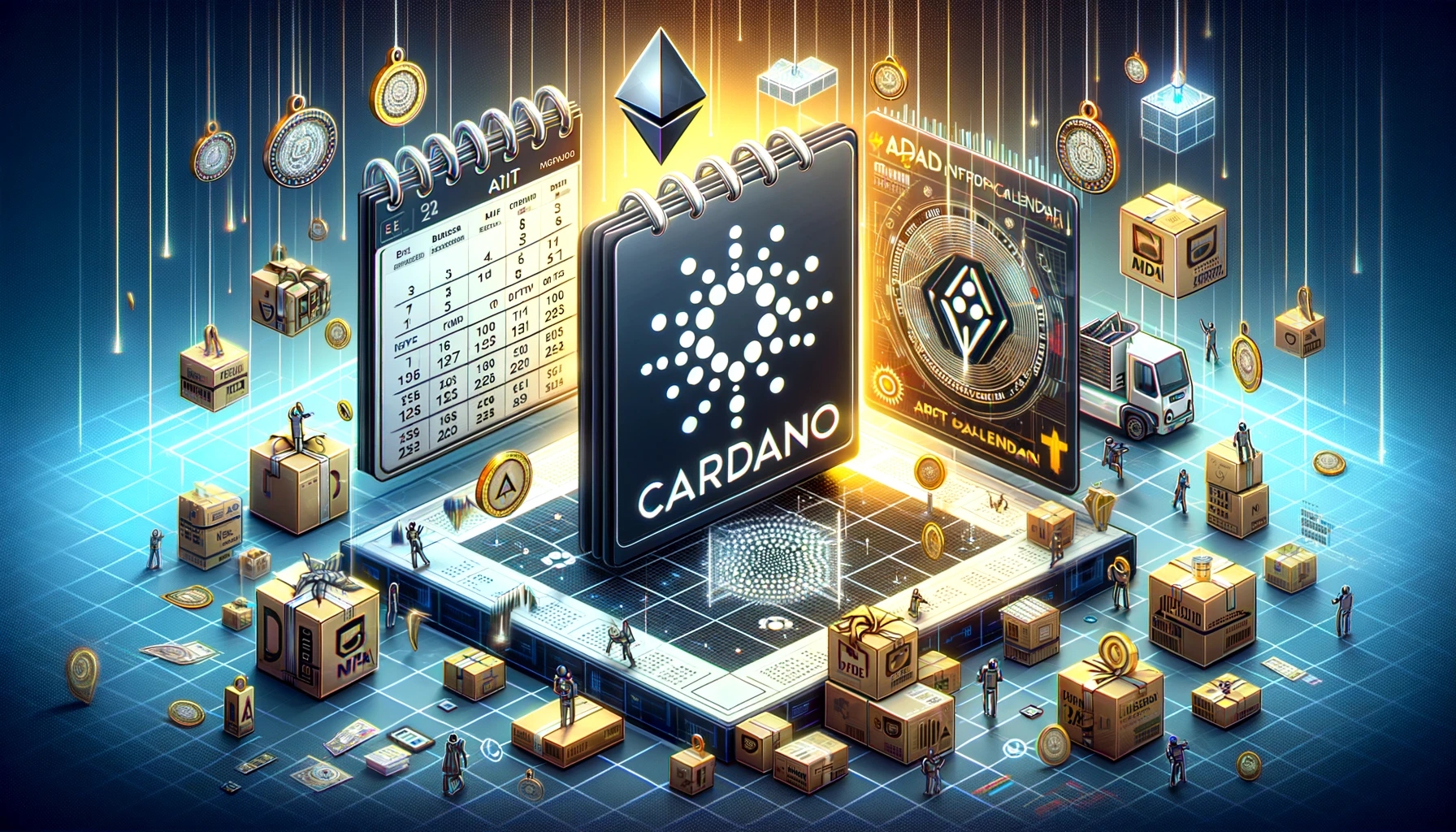CryptoArte Project Breakdown And How To Find A Specific Block
February 8, 2022 - 7 min read
Understand CryptoArte in less than 5 minutes, plus find the exact location of a block that was mined during an important moment in your life.

View the video version of this blog by clicking here

If you are interested in NFTs or own NFTs, we strongly encourage our readers to consider purchasing a hardware wallet, which starts at just $59. Hardware wallets like the Ledger S or Nano X are the most effective ways to protect your NFT assets from scams. The following links contained below are affiliate links and we may receive a small commission if you choose to make a purchase. You can read my full affiliate disclaimer disclosure here.
If you want to protect yourself and your NFTs from scams and hacks, you can shop for Ledger Hardware wallets by clicking here.
If you are interested in purchasing cryptocurrencies so you can buy NFTs, we recommend using Coinbase. You can check out our full how-to guide to buying and selling an NFT here.
CryptoArte
The blockchain is a massive database of transactions. 100+ years from now data archeologists will be rummaging through the information, peering into the window of humans acting at their truest form… Spending money.
Just as we’re interested in studying relics from Ancient Roman times, they’ll be looking through the database and learning about how we lived in the early 21st Century.
Your descendants will be able to see what you were interested in by following where your money went on the blockchain.
I mean, how cool it would be to see what your great great great grandpa spent his money on when he was your age?

Humans have always been interested in where we came from, and the mid 2018 NFT project CryptoArte was created to visualize the early transactions within Ethereum.
In March 2018, Sebastián Brocher was looking for a way to combine his two passions of art and programming. He landed on the idea of using the blockchain’s data to create visual art representing the blockchain’s activity.
Fast forward to early 2022 and CryptoArte has gone down in history as the world’s second generative art NFT.
Regardless of its second place position, it’s a fascinating NFT project that visualizes a special moment in time, launched well before the NFT craze.
Let’s dig in to understand the basics of CryptoArte. By the end of this article you’ll have a great understanding of the project and even know exactly how to collect a CryptoArte piece that showcases a significant moment in your life.
What Does Each CryptoArte Block Represent?
The Ethereum blockchain is… a chain of blocks. Each block on the blockchain includes every single transaction that happens on the Ethereum Network during a certain period of time.
This could be anywhere between a few seconds to a few minutes of transactions.

Cryptoarte takes the data within each block, and turns it into a visual representation. Each painting includes 576 blocks.

Each shade of color means something different.
Red: Ethereum gas used/congestion at the time of mining the block/transaction fees Green: the total amount of Ethereum transacted (money) Blue: the difficulty of hashing the block Transparency: layered on top and determined by the number of transactions within the block
How Are CryptoArte Colors Mixed?
Red: Represents a ‘gas wars’ event where users pay a higher gas fee to get their transaction into the next block.
Green: People are sending a high amount of Ethereum within that block.
Blue: There isn’t a ton of activity in the network for that moment.
Yellow: means the activity is balanced between gas paid & Ethereum transacted relative to the rest of the collection’s data.
What Are The Icons In The Middle Of CryptoArte Blocks?
The Ethereum network is kept online by computers around the world called miners. Miners spend electricity to solve a complex math problem. The miner that solves the math problem first earns the right to essentially zip up all that moment’s transactions neatly into the block, and as a reward for keeping the network online, they earn new Ethereum.
The icon in the middle of each CryptoArte block represents miners solving the math problem. Every miner is generated an icon that's completely unique to their wallet address.

Most miners appear multiple times within the collection.

Some paintings are considered more rare if they include a single block miner, meaning that miner has only ever mined one block throughout the collection.

Every painting has one block with a Golden Miner.

The Golden Miner’s position started in the very top left on Painting #0, and move to the right one position for every painting.

What Are The Numbers In The Top Left?
In the top left corner of every painting, there’s 2 numbers. The bottom number is the timestamp of the first block and the bottom number is the number of the block.

What Are The Icons In The Corners Of Each Block?
Each block has 2 triangles in every corner. The colors of each triangle represent the block’s unique 32byte hash number. Since every hash is a unique, 1 of 1 ID, every individual block in the painting is a unique one of one.

What is the total supply?
Supply: 9,895 Owners: 3,475 Dates: July 30th, 2015 - May 29th, 2018
Finding A CryptoArte Painting Based On An Important Moment In Your Life
You may want to collect a painting that includes a significate day of your life. For you that could mean collecting a painting that represents the first time you ever transacted on the Ethereum network, or the first time you bought a certain project. Or a moment in your real life like a wedding date, birthday, or vacation.
Once you've identified an event you want to collect, we need to know the exact time you’re interested in.
Let’s use this date: February 2nd, 2017 at 3:33:33pm EST
We’ll need to convert this human readable date to a format computers understand. This is called the epoch date.
Use this epoch calculator and select your date and time.
Don’t forget to either manually convert your timezone to GMT, or select Local TIme Zone, ensuring your computer is using the correct TimeZone.
Find Block In Ethereum Based on Epoch Timestamp
Our next step is converting our Epoch timestamp to a block in Ethereum.
We can use this handy tool blockbydate.com to do this :)
Paste your Epoch timestamp into the web tool and copy the block number

We’re one step away from finding our painting!
Remember: Each painting has 576 blocks in it.
We’ll divide our block number by 576 to find the painting number.
Equation is: Block # / 576
So...
3,111,343 / 576 = 5,401.6
You will round down to the nearest whole number
Now we know our painting is #5401, which we can view here: https://www.cryptoarte.io/paintings/5401

The CryptoArte website shown above gives you extra details about the painting, most of which are super nerdy and dives much deeper into rarities than what this article explains.

If you own the painting, you'll be able download a high resolution version by connecting your wallet to the website.

Now that we know our exact painting number, we'll need to find the exact block,
For that, we'll find the modulus...
In other words, we need to find how much is left over after we divide by 576.
Equation is: 3,111,343 (mod) 576
We'll use this symbol on our calculator:

The 3,111,343 Modulus of 576 is 367

Each painting is 32 wide, 18 tall.

Let’s find the row & column our block of interest is on.
To find the Row our Painting is on we'll do 367/32
367/32 = 11.468
Round to the nearest whole number.
Our block is on row 11.

To find the column our Painting is on we'll do 367/18
367/18 = 20.388
Round to the nearest whole number.
Our block is on column 20

Row 11, Column 20
Join their community using the links below.
Links Official website: www.cryptoarte.io Discord: https://discord.com/invite/kwbRuwf Twitter: https://twitter.com/CryptoArte
If you liked this breakdown, we have many more in our project breakdown list.
Let us know what you think about this article on Twitter!
Authors: Ezra Fuller Jon Torrey
Newsletter
Enter your email address below to subscribe to my newsletter
latest posts





